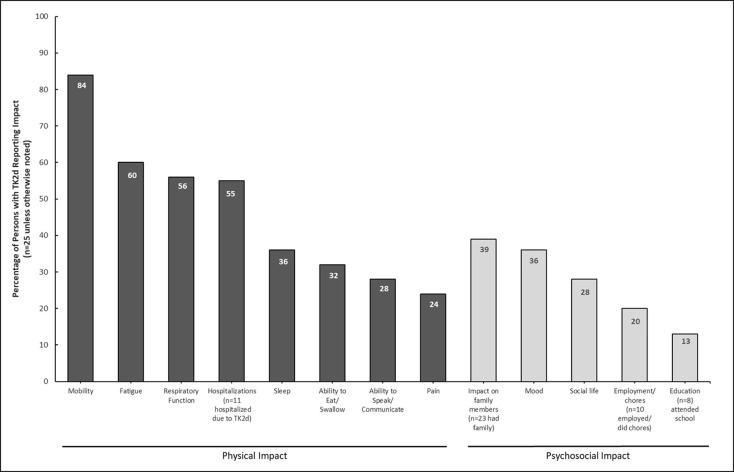The editorial calls for action to reduce noise pollution that has detrimental impact on humans, terrestrial and marine life
This Personal View supports SDGs 3 and 16 by presenting a case study using Indigenist health humanities to offer a way to understand planetary health. The authors indicate that embedding Indigenous knowledge and voices into planetary health education is important as part of decolonising learning in health professional education.
This study aimed to to examine the associations between dietary nutrient density and climate impact and MI and stroke HRs, thereby investigating the co-benefits and trade-offs between nutrition, dietary climate impact, and cardiovascular health, within a population-based prospective cohort in northern Sweden. Importantly, the results indicate an association between lower dietary climate impact and higher MI HRs for men, both when nutrient density was below median values and when nutrient density was not considered. For women, there was no significant association between dietary climate impact and MI HR, although a trend similar to that for men was noted when nutrient density was below median values. Furthermore, no association between nutrient density and MI or stroke HRs was observed, except for a protective effect against stroke among women with higher nutrient density when nutrient density was analyzed without considering climate impact.
TK2d is an ultrarare autosomal recessive mitochondrial DNA depletion syndrome. Nucleoside therapy improves or stabilizes disease across key outcomes including survival, ambulation, and requirement for mechanical ventilation. However, little is known about the effects of nucleoside therapy treatment of TK2d from the patient's perspective. This study sought to address this knowledge gap.
Geopolitical applications of negative emissions and solar geoengineering technologies.
COVID-19 did not appear to produce a lasting change in the prevalence of psychological distress, but it did change the way people manage their mental health and access mental health care.
This Review supports SDG 3 by examining the effects of parental leave (ie, maternity, paternity, or family leave; protected leave of absence from work following birth of a baby to care for the baby) on postpartum mental health. The study found that parental leave can be protective against poorer mental health - particularly paid leave of at least 2-3 months in mothers. More generous parental leave was associated with better outcomes.
Community supervision is an opportunity for convicted prisoners to receive treatment for substance abuse and psychiatric disorders and thus prevent avoidable deaths.
This chapter advances Goals 5 and 10 by discussing the role physicians can play in improving clinical trial enrollment and retention among underrepresented groups.
This Article supports SDGs 3, 5 and 9 by outlining how, in the current legal landscape, to reduce the collection and documentation of reproductive health information in nuclear medicine in light of the SCOTUS decision on Dobbs v Jackson Women's Health Organization that overturned a 49-year-old federal recognition of abortion rights.


